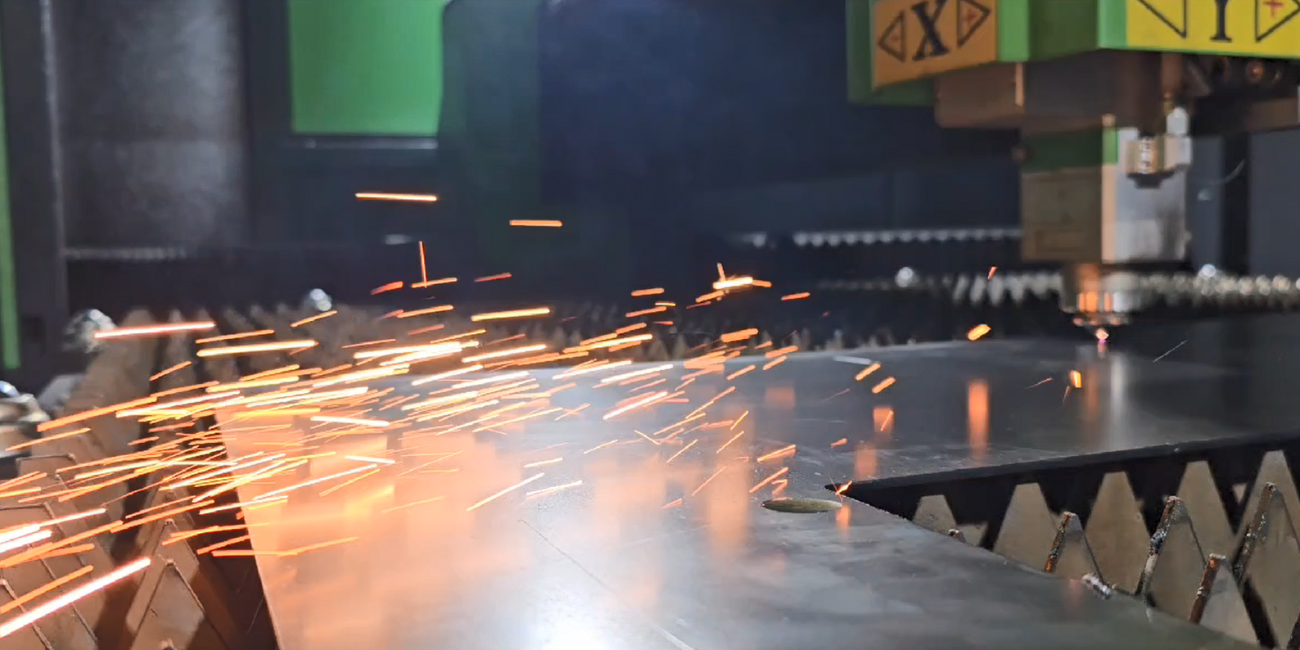BLOG
Machining is significantly dependent on the selection of material
Modern manufacturing heavily depends on precision machining, where quality and accuracy are critical. Factors such as tool wear, machining efficiency, component performance, and product lifespan are all influenced by the choice of material. Understanding material properties—like hardness, ductility, and corrosion resistance—is key to achieving high-precision results.
Understanding Material Behavior
The way a material responds to machining depends on its properties. For instance, a material's hardness affects how it resists cutting tool deformation. Harder materials require tougher tools, specialized cutting techniques, and longer machining times. In contrast, softer materials are easier to machine but may lack the strength and wear resistance required for certain applications.
Ductile materials are ideal for parts exposed to tensile stress, but excessive ductility can produce long, stringy chips during machining, reducing efficiency. This highlights the importance of partnering with a capable precision machining company that understands these dynamics. Precision machining company west Sussex
Machining Techniques Based on Material
Material selection directly impacts machining methods. Harder materials such as titanium often require cutting tools made of carbide or ceramic. These tools can withstand the higher heat and temperatures generated during machining, but must be properly cooled to minimize wear.
On the other hand, softer materials like aluminum can be machined using high-speed steel tools and allow for faster feed rates. The material also influences specific processes like turning, milling, and grinding. For example, some polymers expand with heat and may require specialized equipment to maintain surface quality, while others can be machined using standard rotary or milling techniques.
Being aware of how different materials interact with various machining processes helps boost efficiency and prevent production delays.
Choosing the Right Material
Accurate material selection starts with clearly defining the application requirements. Factors such as temperature, exposure to corrosion, and mechanical stress must be considered. With this understanding, machinists can choose materials based on their physical and chemical characteristics.
Collaborating with Experts
Working with material suppliers, engineers, or specialists can offer valuable insights into the best machining practices and material options. Material scientists can also recommend innovative materials and technologies that enhance performance. Industry professionals can provide hands-on guidance for precision machining and its real-world applications.
Additionally, availability and cost play a crucial role. The ideal material might be expensive or difficult to source, making it essential to consider alternative materials that meet the same standards without compromising quality. A thorough evaluation of suppliers and options can help identify cost-effective and readily available substitutes.

